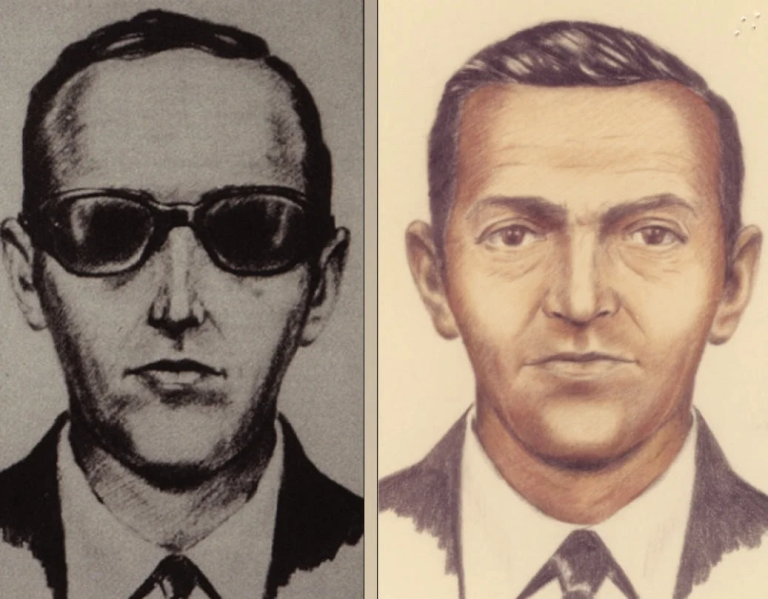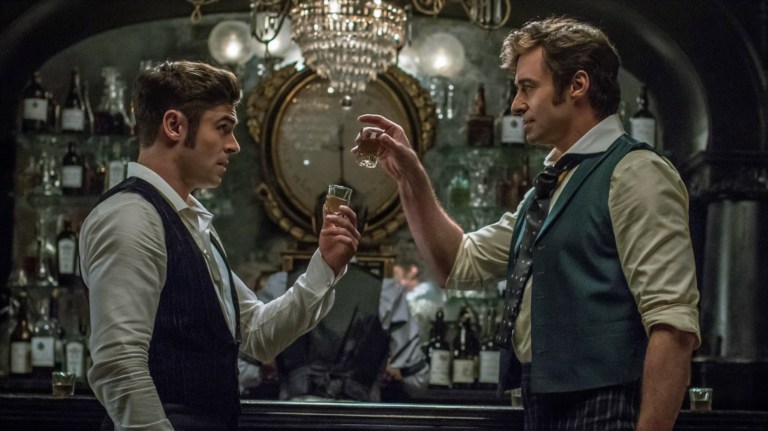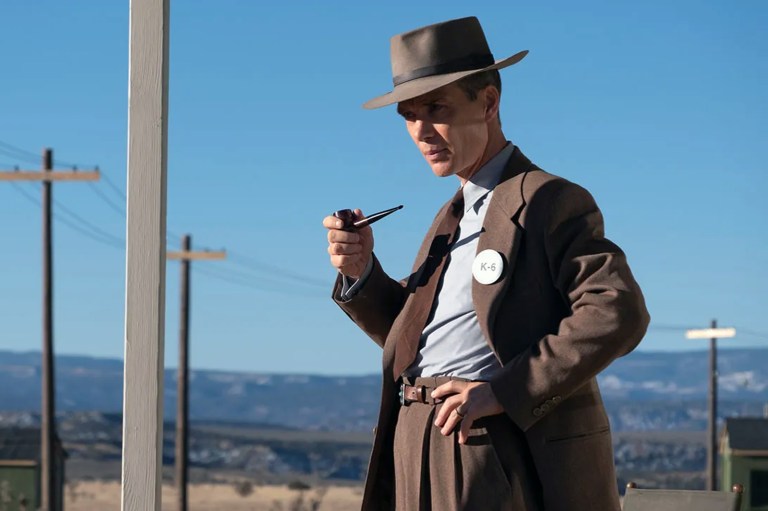
6 Biopics That Skipped Over Shocking Truths
With Oppenheimer now streaming on Prime, here's shocking facts it omitted alongside other biopics that did the same.
Real life isn’t very exciting.
For most people, an average day produces exactly zero to one dramatic conversation, unless the person is a reality star or criminal defense lawyer. Thus, if movies reflected real life, then they’d be conflict-free affairs consisting mostly of eating, sending emails, and watching Below Deck Sailing Yacht.
All of this is to say that biopics sometimes blur the lines of reality to keep us entertained. Other times, the writers, directors, and producers of biopics even leave entire facts out, especially if those facts make the main character look bad. Of course, they say it’s to streamline the story or flesh out its themes, but the omission is typically just to make the protagonist more likable. No one wants to watch a biopic about Kim Jong Un.
Still, some omissions in Hollywood biopics seem egregious. Here are some of the worst offenders.
‘The Greatest Showman’
This musical biopic about circus magnate P. T. Barnum was one of the biggest surprise hits of 2017. Thanks to word-of-mouth, flashy cinematography, and that catchy soundtrack, this exuberant, touching Hugh Jackman vehicle went on to bank $435 million worldwide. It also got that Bearded Lady song “This is Me” stuck in everyone’s heads for six months.
But the movie never ventured behind the velvet curtains of Barnum’s life, and for good reason. If The Greatest Showman had accurately portrayed its protagonist, there wouldn’t have been anyone singing along. In real life, Barnum was a fraudster and racist who once purchased a black slave to present her as the 161-year-old former caretaker of George Washington. To support his claim and make the woman look older, he pulled out the woman’s teeth. He also exploited a black man named William Henry Johnson in one of his shows, caging him and claiming that he was a “man-monkey” from the forests of Africa. He also often recruited his “freaks” when they were just children and too young to know any better.
‘The Blind Side’
Until 2023, The Blind Side was mostly known as a mediocre film that you accidentally watched at the gym because it was playing on TV and you forgot your AirPods. To this day, this writer doesn’t understand how it nabbed so many Oscar nominations. Outside of Sandra Bullock’s affecting work as Leigh Anne Tuohy, it was bland, witless, and predictable. But don’t worry, it was also a lie.
According to real-life former NFL star Michael Oher, Tuohy never adopted Oher like she did in the movie. (In the film, Leigh Tuohy and her husband save Oher from the streets and raise him to become a successful football star.) In real life, the Tuohys just gave Oher handouts until he turned 18, at which point they tricked him into giving them conservatorship over him. From then on, they signed deals – and made millions – off of his name. What do you call a white savior movie where no one is saved?
‘Remember the Titans’
This inspirational 2000 drama was peak feel-good filmmaking, featuring Denzel Washington at his finest. In the story, Washington plays Herman Boone, a real coach who once shepherded a high school football team in Alexandria, VA, to a legendary win. He just had to help them get along first: As this was 1971, the team had only recently integrated black players.
In the film, Washington’s character is seen as tough and charismatic; but the reality is far different. Only a few seasons after the events of Remember the Titans, the real-life Boone left his high school in disgrace after a full-team mutiny. According to one former player, he subjected most members of his team to verbal and physical abuse.
‘A Beautiful Mind’
Most people who see A Beautiful Mind remember the tragedy of its central character, John Nash. Though he ultimately received a Nobel prize for his pioneering work in mathematics, Nash also suffered from schizophrenia and paranoia for much of his life. However, the reality is even worse: As an anti-semitic closeted queer man, Nash repeatedly harassed male companions and spewed anti-Jewish hate. In fact, these convenient omissions were egregious enough to inspire an entire smear campaign against this movie before the 2002 Oscars. It still won Best Picture, though.
‘Straight Outta Compton’
This 2015 hip-hop epic chronicled the life and times of the classic hip-hop group N.W.A., of which Ice Cube and Dr. Dre were both members. As a kinetic, diverting origin story, it was fabulous; and as a hagiography that made its subjects look as morally pristine as possible, it was a work of art. Though the film received accolades for its acting, writing, and directing, it also attracted criticism for refusing to address the dark side of Dre (Corey Hawkins in the movie). In real life, Dr. Dre, or Andre Romell Young, sexually assaulted a TV host in 1991; and this wasn’t his only instance of violating a woman. It was just his most famous. Separately, N.W.A. was also sued after one of its members was accused of raping a 16-year-old. But according to the movie’s director, F. Gary Gray, all of those pesky facts didn’t “serve the narrative.”
‘Oppenheimer’
It’s meditative, engrossing, enraging, and an exceptional piece of filmmaking. It’s also wrong. In the film, Robert Oppenheimer (Cillian Murphy) achieves martyr status after enduring a rigged anti-science hearing and losing his government security clearance. In reality, however, Oppenheimer was more of a bully than a victim – and far more privileged than he came across on screen.
He grew up with plenty of material resources and received a 28-foot yacht as his 16th birthday present. He enjoyed the services of a chauffeur, a governess, and three live-in maids until he fled to college. Naturally, his success in the field of science earned him even more money, and Oppenheimer spent most of his post-government years living luxuriously on a Caribbean island. Seems like the loss of his security clearance didn’t cut him up too badly.
Plus, as you might expect from someone so privileged, Oppenheimer flaunted a sense of entitlement that rubbed people the wrong way. While he was working towards his PhD, he interrupted seminars so often that his fellow students created a petition against him. He also took credit for the invention of the atomic bomb. That’s right: The thing he’s most known for is actually thanks to breakthroughs from his former colleagues, including Otto Hahn and Fritz Strassmann.
Oh, but the thing about leaving a poisoned apple on his tutor’s desk is true. He did try to murder that person before changing his mind.










